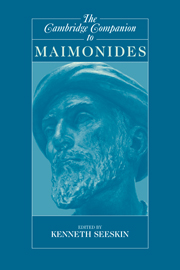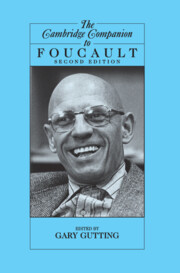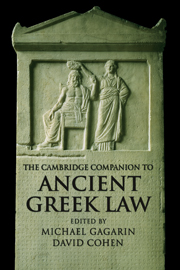Heidegger's importance lies partly in the fact that he is perhaps the leading figure among that small list of twentieth-century philosophers who have helped us emerge, painfully and with difficulty, from the grip of modern rationalism. Others on the short list would include Wittgenstein and Merleau-Ponty. But one might claim some preeminence for Heidegger, in that he got there first. In the case of Merleau-Ponty, the breakthrough plainly built on Heidegger's work.
The emergence these philosophers helped us toward has, alas, been only partial and is still very contested; indeed, it is always menaced with being rolled back - hence the continuing relevance of their works, some of which appeared more than half a century ago.
In this essay, I shall discuss Heidegger, though with a side-glance at the others from time to time. I shall try to formulate the way in which his thinking takes us outside the traditional epistemology, using the notions of engaged agency and background.
My use of the term “rationalism” at the beginning of this essay could be contested, even by people basically sympathetic to the current of thought I am trying to articulate. There are a number of ways of formulating the outlook, more a set of semiarticulate assumptions, that Heidegger helped “deconstruct.” It has a number of features, and we can argue which are most fundamental. In speaking of “rationalism,” I am supposing that a certain conception of reason played a determining role.






